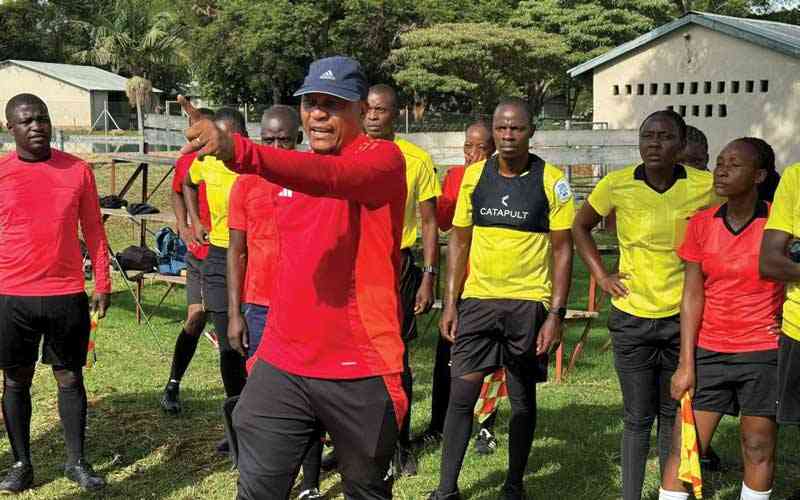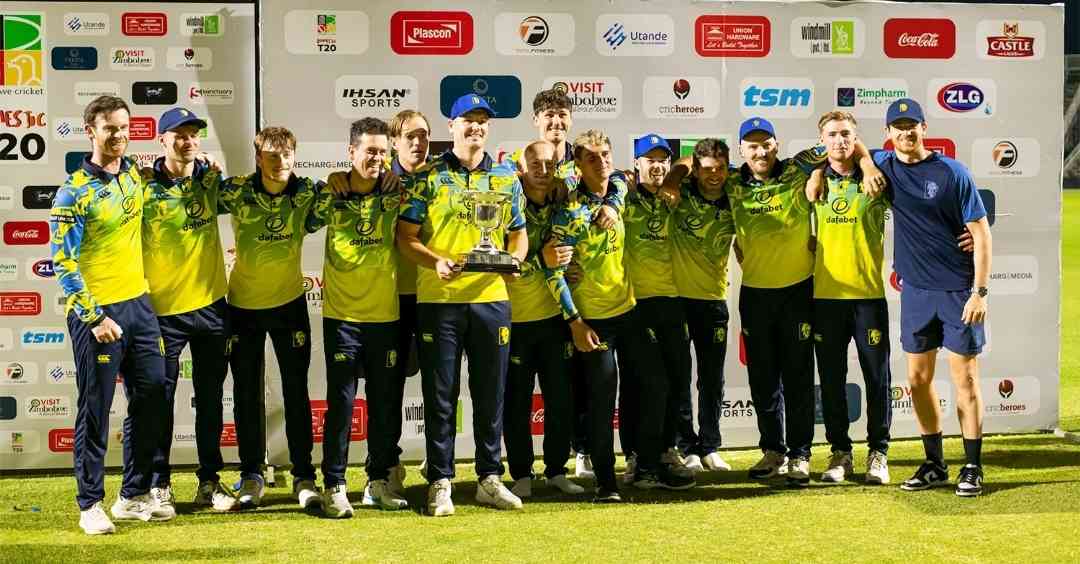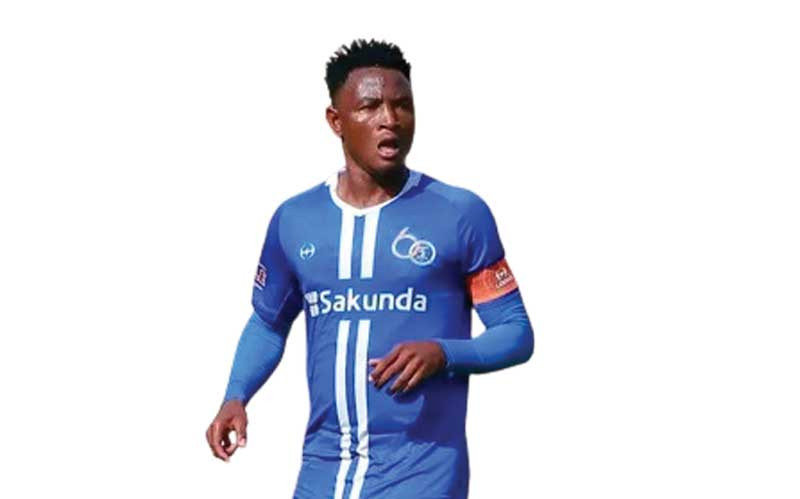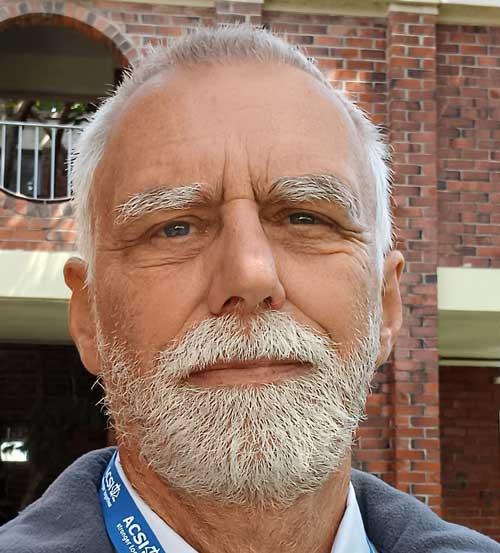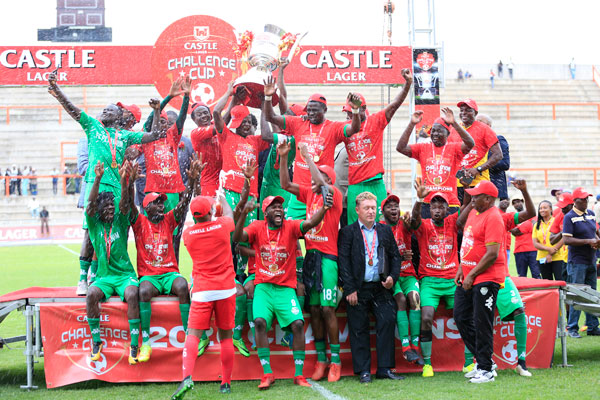
IT is the first time that a local league season had to be completely cancelled in the history of the Premier Soccer League (PSL).
BY MUNYARADZI MADZOKERE
The 2020 Zimbabwean football season promised so much at the beginning of the year, but gave very little, if anything, largely due to the global coronavirus pandemic.
The novel coronavirus arrived in Zimbabwe on the eve of the start of the league season, after league champions FC Platinum had beaten Highlanders in the competition’s dress rehearsal, the Castle Challenge Cup
It will go down as arguably the worst year for football in the country, looking at the welfare of the footballers after the league season had to be cancelled.
It’s a year in which the administration of football and football clubs in the country came under serious scrutiny and were found largely wanting.
In some instances, footballers had to resort to playing money games to fend for themselves as clubs failed to pay players
The clubs that were promoted from Division One, namely Whawha, Bulawayo City, Cranborne Bullets and Tenax will have to wait longer to kick a ball in the top-flight league.
- Chamisa under fire over US$120K donation
- Mavhunga puts DeMbare into Chibuku quarterfinals
- Pension funds bet on Cabora Bassa oilfields
- Councils defy govt fire tender directive
Keep Reading
And sadly it is a year in which the ineptitude of Zimbabwe Football Association (Zifa) to decisively show that they can come up with sensible solutions in times of crisis was seriously exposed.
The football body initially promised football resumption in August and September and later committed to the proposed bio-bubble concept competition pencilled for December before making an about-turn.
At the same time there are also valuable lessons to draw from the experience, the biggest being that football should be run as a business and clubs should also be self-sustaining.
PSL chief executive officer Kenny Ndebele reflected on the league season that failed to take off due to the Covid-19 outbreak.
“The cancellation was unexpected and being the novel Covid-19, it affected everyone the world over. It’s fortunate that we had not started the league competition, so there wasn’t much disruption,” Ndebele said in an interview with Standardsport.
While all eyes were on Zifa, who received Covid relief funds amounting to US$1,8 million from Fifa to rescue the game, the association was not clearly interested in the resumption of football.
Ndebele argued that PSL was committed to the resumption of football since the financial obligations were too big for the organisation.
“PSL was very much committed to restarting football competitions during the year. However, we could not restart as we needed clearance from government authorities. We also had to meet certain conditions that required substantial funding, for example, the testing, camping and feeding of players and staff,” he said.
“Lessons learnt are that as a league, we must always have reserve funds to cover such eventualities. Of course, Covid-19 was something that took the whole world by surprise. We have to learn from other nations
“We are working on restarting the season in March 2021. We have been in consultation with key stakeholders on the possible restart,” he said.
League sponsors Delta Beverages have been curiously quiet in the midst of the predicament.
Most clubs such as giants CAPS United and Highlanders survived on food hand-outs from well-wishers during the difficult period while financially stable teams also began to feel the strain.
But in the midst of the crisis some clubs seemed to have the resolve to pursue other targets outside the field of play.
Bulawayo Chiefs managed to successfully set up their merchandise shop which has helped the club to stay afloat.
Giants Dynamos and Highlanders signed kit deals worth US$300 000 each with UK sportswear manufacturer Looks towards the end of the year.
Dynamos also received digital training equipment from their Belgian partners as part of the efforts to help the club in its digitalisation efforts back in June.
Speaking to this publication earlier in the year Dynamos chairman Isaiah Mupfurutsa revealed that having to hold virtual meetings during the Covid-19 helped save finances for the club.
“One of the biggest lessons from the Covid-19 outbreak is that we learnt that we have been wasting finances with board meetings in which we hire a venue, pay hotel expenses for members and buy food. We have learnt to use technology to hold virtual meetings where the only expense is on data and we look to continue doing this even when the situation improves,” he said.
And with the virus still lurking around, the future of football in the country remains bleak.

